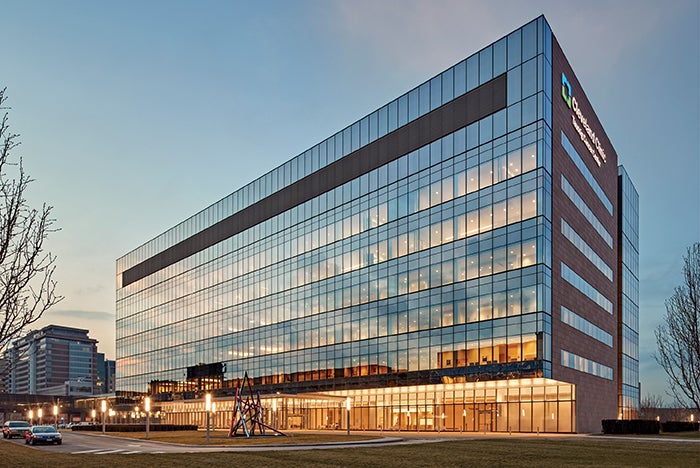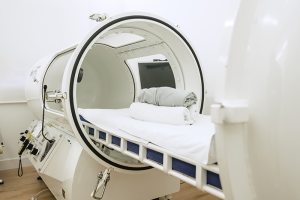System uses AI to help optimize maintenance

AI tools are streamlining workflows, boosting collaboration and reshaping processes at Cleveland Clinic.
Image courtesy of Cleveland Clinic
Cleveland Clinic’s facilities management team regularly performed time-consuming, repetitive tasks, such as manually extracting and formatting data from the organization’s computerized maintenance management system. While essential, these tasks were inherently inefficient. To address this, the facilities management team implemented artificial intelligence (AI) software to automate many processes.
Cleveland Clinic’s Robotic Process Automation Citizen Developer Program empowers staff to automate manual computer processes using AI tools. Initially focused on finance, the program has expanded to all departments, including facilities management. Staff at all levels are encouraged to submit automation ideas, and approved participants undergo flexible, self-directed training to create projects, supported by a developer.
Newly automated tasks include using a chatbot and Microsoft Excel to track purchase orders and a chatbot that extracts and formats environment of care and life safety compliance data for regulatory review. Automation has improved compliance, reduced human error and increased the reliability and quality of data for regulatory agencies and surveyors, says Brian Weisman, manager of facilities management at Cleveland Clinic.
The project is projected to yield significant savings, including more than 75,000 minutes and the automation of more than 750,000 data points across Cleveland Clinic’s 18 regional hospitals and main campus. It also will aid in resource reallocation — tasks previously requiring multiple employees now involve fewer people, freeing staff for other responsibilities.
Pilot programs are underway to scale automation across facilities management, with a full rollout expected by 2025. This includes expanding the use of bots for other high-value tasks and continuous readiness initiatives.
The health system says the integration of cloud-based AI and automation solutions enhances the ability to streamline workflows and share automated reports seamlessly across the organization. These tools foster collaboration, boost data consistency and improve overall efficiency.
The initiative has been well received by facilities managers and other teams. While some were initially skeptical of the effort required to implement bots, once they experienced the time savings and reduced workload, enthusiasm quickly grew.




